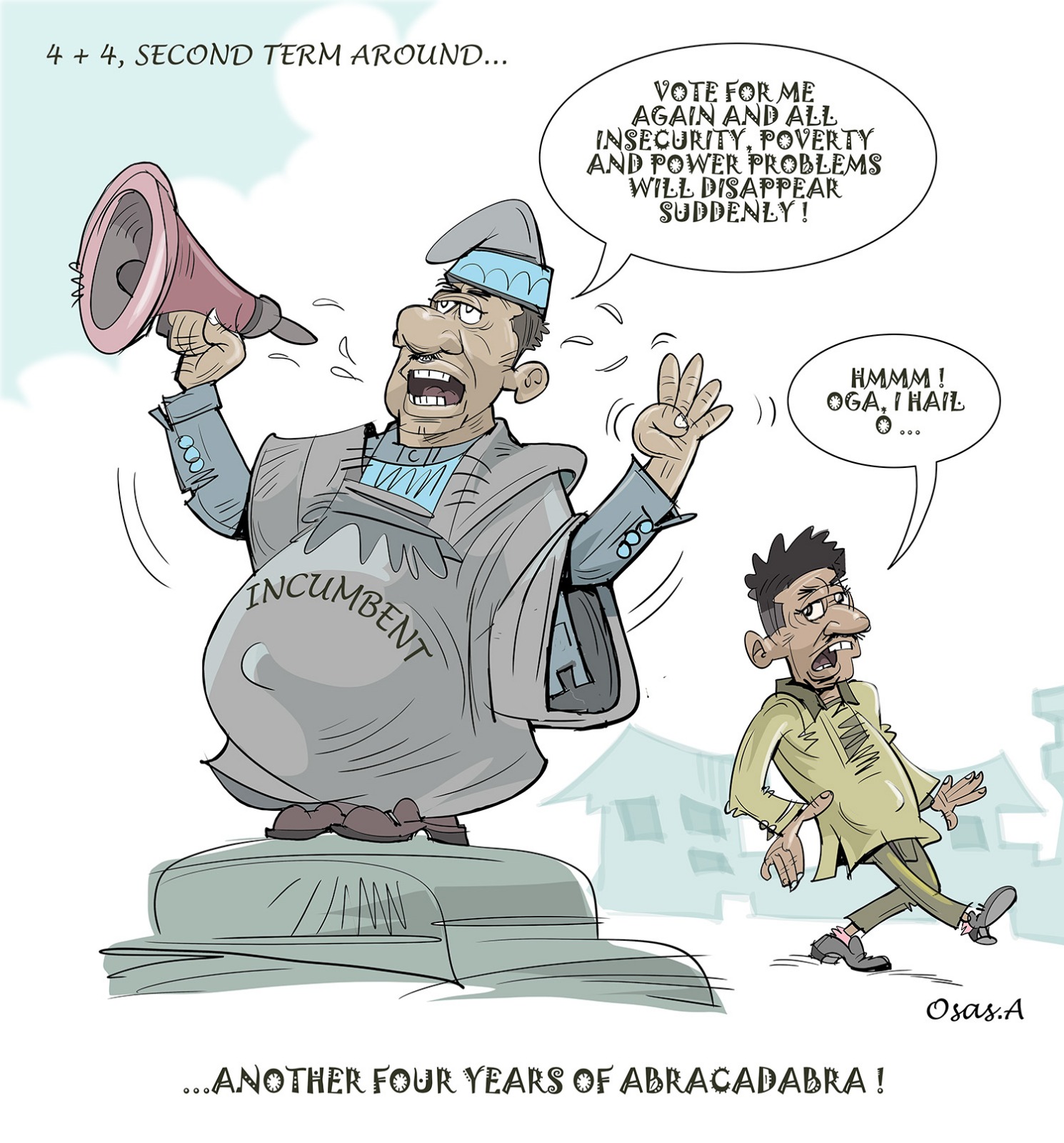
Benue State, known as Nigeria’s “food basket,” has been scrutinised for various reasons, from political dynamics to food security, governance, and socioeconomic development. Despite its agricultural wealth and strategic importance, the state has faced significant leadership challenges since its creation over four decades ago. While a few governors, such as Aper Aku, Fr. Moses Adasu, and, to a lesser extent, Sen. George Akume, have been praised for their leadership; most of Benue’s governors have been considered mediocre.
Given Benue’s abundant resources and potential, the state should be able to catch up in development and human capital endeavours. Yet, it remains at the lower end of various development indicators, mainly due to a lack of purposeful leadership. When Fr. Hyacinth Alia, a well-regarded clergyman, announced his candidacy for governor, it was met with mixed reactions. Some feared that his lack of political experience and religious background might hinder his ability to navigate the complex political terrain of Benue and Nigeria. Others saw his candidacy as a refreshing change—a possible break from the ineffective leadership of the past and a chance to revitalise Benue’s decaying infrastructure and reclaim its status as a pride of the North Central region.
One year into his administration, however, Fr. Alia appears to be repeating the mistakes of his predecessors. His leadership has become increasingly authoritarian, leaving many of his loyal supporters disillusioned. His ongoing political clashes with his benefactor, the Secretary to the Government of the Federation (SGF), have further distracted him from critical governance issues. The cold war between the duo has significantly slowed down the administration’s ability to address urgent matters, hence creating a political spectacle that has diverted attention away from the people’s needs.
Concerns have also been raised about some of the governor’s ongoing projects, particularly the construction of an underpass in Gboko and the High-Level roundabout in Makurdi. While intended to reduce traffic congestion, these projects have puzzled many residents, as these areas have never experienced significant traffic issues. The underpasses are built in relatively quiet neighbourhoods known for financial services, and their construction has disrupted local businesses and livelihoods. Banks in the area have been forced to relocate, with some staff facing the possibility of losing their jobs. Rather than addressing pressing needs, these projects seem more like an attempt to check off superficial development boxes—an all-too-common trend in Nigerian politics, where governors rush to complete visible but unnecessary projects for political gain.
Makurdi, the seat of power and Benue’s capital should wear a look of decency, befitting a capital city. Unfortunately, most township and urban roads in the city are in deplorable condition. Fr. Alia, focused primarily on inter streets and needless underpasses, ignoring a critical aspect of urban development. If, for the purpose of argument, some township roads fall under the purview of the federal government, Benue people ply the roads daily. In fact, most governors in other states initiate, develop and complete federal roads/projects in their domain and later seek reimbursement from the federal government. That has been the standard practice. But, truth be told, township or urban roads in, and around Makurdi are an eyesore. For instance, from NNPC(formerly Oando) road, leading to the APC secretariat, and also, Kashim Ibrahim road, to government house, are stark reminders of what a capital city shouldn’t be. Curiously, this questions what Governor Alia is doing currently.
Obviously, the administration failed to harness a low-hanging fruit— agriculture. Instead of a massive and needless underpass, Benue’s primacy and comparative advantage in agriculture ought to have been the centrepiece of Fr. Alia’s policies. An elaborate rural agric policy, could ignite a revolution in that sector, and take millions out of poverty, owing to the food crisis in the country.
Fr. Alia’s leadership style has been described as dictatorial on the political front. He runs the state executive council with little regard for dissenting opinions, reducing his commissioners to mere figureheads whose contributions are largely ignored. The awarding of contracts, a crucial aspect of governance, has become the governor’s exclusive domain, with little transparency or accountability. Even the legislative arm has not been spared, it has been rendered ineffective. Ministries are starved of statutory funds for running their ministries. More worrisome is the alleged sale, or privatisation of Benue State Teaching Hospital, to a private Chinese firm without due process. This could expose the Benue masses to hawkish private healthcare providers.
The recent shambolic APC primaries, where aspirants were made to part with N6 million for forms, proved just how low it could get. The governor, like his predecessors, had engaged in a deception game. No transparency. He had his “chosen ones”, all along.
Such abuse and centralisation of power raise severe concerns about the state of democracy in Benue and reflect a broader problem in Nigeria’s political landscape.
On the surface, some of Fr. Alia’s urban renewal initiatives may seem commendable, but there is a growing need for closer scrutiny. Who is benefiting from these projects, and how are contracts being awarded? Fr. Alia was expected to inspire a new path in governance—one marked by transparency, inclusiveness, and respect for democratic principles. Yet, his administration increasingly raises questions about the true nature of his leadership. Is he, in fact, a “Greek gift” to Benue—a leader whose initial promise of change is overshadowed by the realities of his governance? As his tenure progresses, more people are questioning the gap between the moral values he once associated with and the political realities he now navigates.
In the end, politics, as always, has little respect for morality, and Benue State, like much of Nigeria, is left to grapple with the consequences. The hope that Fr. Alia’s leadership would represent a radical departure from the past may fade as he follows a well-worn path of political mismanagement and authoritarianism. Whether his administration will change course and deliver the much-needed transformation remains to be seen.
Mohammed writes from Kano via [email protected]






